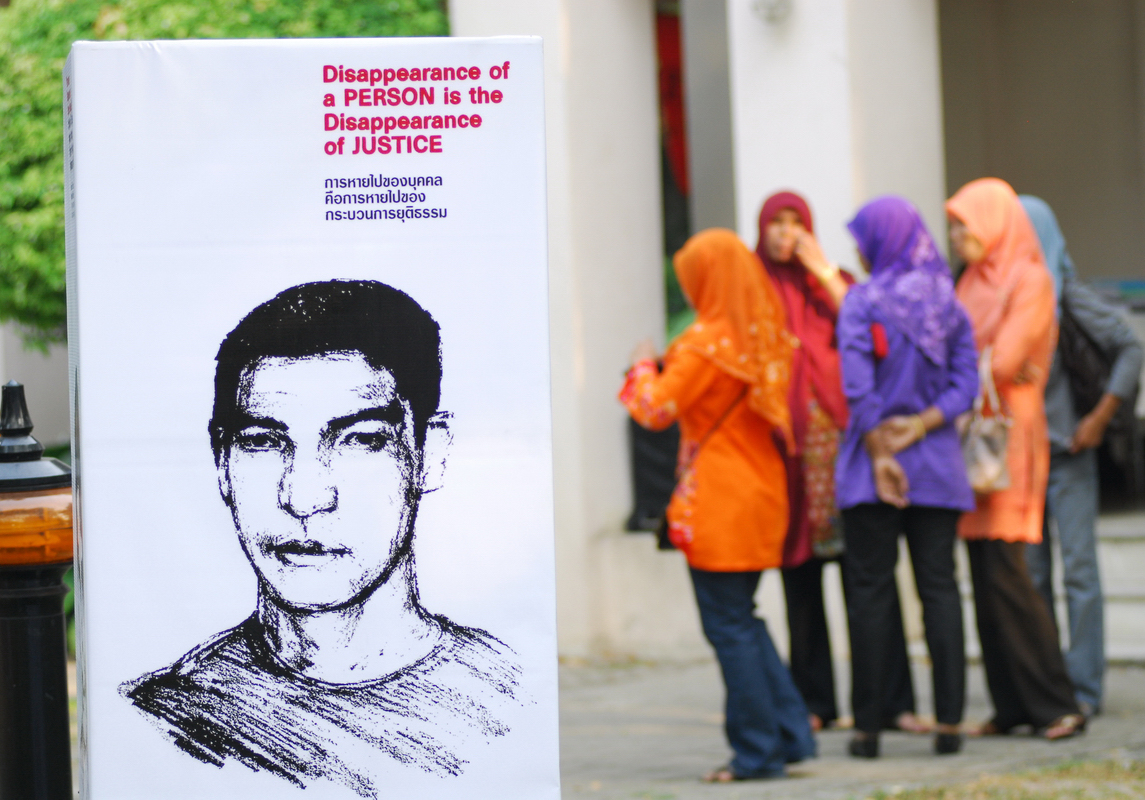Transitional justice mechanisms must undergo serious reform in line with international human rights standards and the directives of Nepal’s Supreme Court in order to provide justice for victims of conflict-era human rights violations and abuses, the ICJ said in a discussion paper released today.
ICJ’s discussion paper Nepal’s Transitional Justice Process: Challenges and Future Strategy summarizes the key challenges faced by Nepal’s transitional justice process as identified by conflict victims, representatives of human rights organizations, lawyers and other stakeholders during consultations held in Pokhara, Biratnagar and Nepalgunj and a national roundtable meeting in Kathmandu in May and June 2017.
The discussion paper concludes with the identification of the strategies for civil society organizations and victims’ representatives to address the challenges of Nepal’s transitional justice process.
“The voices heard in our consultations provide a stark reminder that more than ten years after the end of the conflict and over two years since the Commissions of Inquiry were established, victims of serious human rights violations and abuses are still searching for justice,” said Frederick Rawski, ICJ’s Director for Asia and the Pacific.
The discussions reaffirm ICJ’s own assessment that the transitional justice mechanisms, the Truth and Reconciliation Commission (TRC) and the Commission on Investigation of Disappeared Persons (CoID), have fallen short of international standards, both in constitution and operation, despite the repeated reinforcement of such standards by the Supreme Court of Nepal.
The Commissions have a deeply flawed legal mandate, which, among other problems, allows them to recommend amnesties for serious human rights violations and abuses.
In addition, their non-consultative, uncoordinated and opaque approach to their work has also created distrust with all major stakeholders, including conflict victims and members of civil society.
The key challenges identified by the participants include:
- Lack of political will to address past human rights violations and abuses;
- Inadequate legislative framework to address conflict-era human rights violations and abuses;
- Lack of adequate human, financial and technical resources for the TRC and COID;
- Failure of the TRC and COID to take measures to gain confidence of conflict victims and other stakeholders;
- Inadequate procedures to ensure confidentiality and security for victims and witnesses;
- Lack of coordination among the Commissions and other state institutions responsible for addressing conflict-era human rights violations and abuses; and
- The failure of the Commissions to adopt credible and transparent processes for their work.
As of July 2017, the TRC has received 58052 complaints of human rights violations, and the CoID has received 2874 complaints of alleged enforced disappearances.
Since the ICJ held its consultations on the operation of the transitional justice mechanisms, the Commissions have started preliminary investigations in some of the cases.
However, according to information received by the ICJ, these investigations also suffer from the flaws described above: the investigation teams have inadequate human and financial resources to handle the large number of cases; there are concerns about the opacity of the appointment process of the investigators; and the Commissions have taken no measures to ensure confidentiality and security of victims and witnesses who participate in the investigations.
Victims have also expressed concern that the investigators in many districts have asked them about their interest in reconciliation, even where there complaints are of serious conflict-era crimes.
This is despite the Supreme Court ruling out any possibility for reconciliation in cases of serious crime in Madhav Kumar Basnet v the Government of Nepal (2014).
“As the Commissions start preliminary investigations into complaints of human rights violations and abuses, they must ensure both victims’ access to justice, as well as the security and confidentiality of victims and other witnesses,” added Rawski.
Contact:
Frederick Rawski, ICJ’s Asia Pacific Regional Director (Bangkok), e: frederick.rawski@icj.org
Nepal-TJus Process-Advocacy-2017-ENG (Full paper in PDF)

